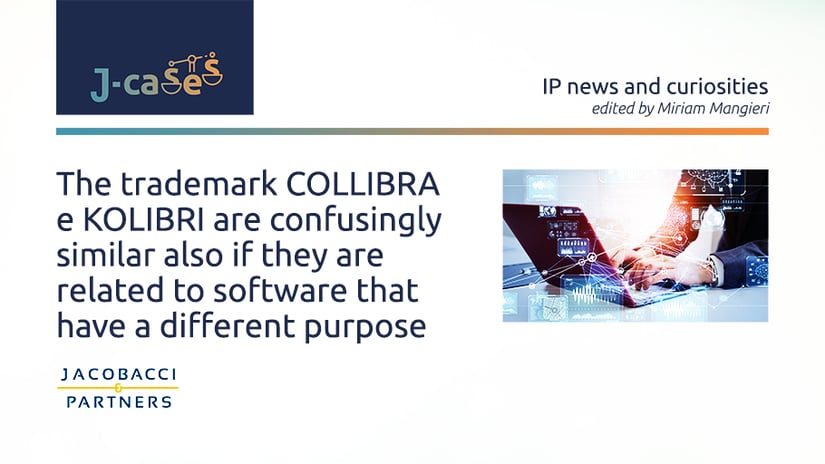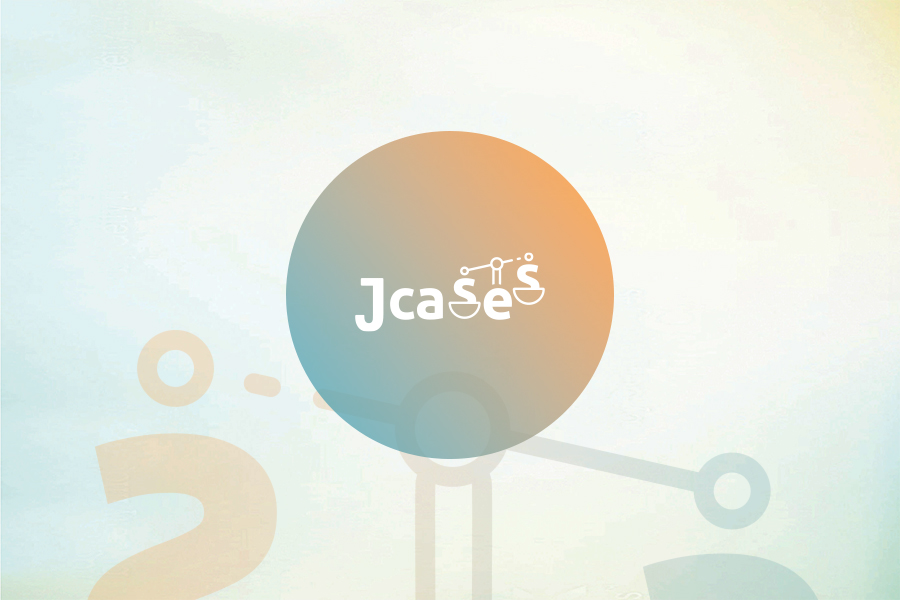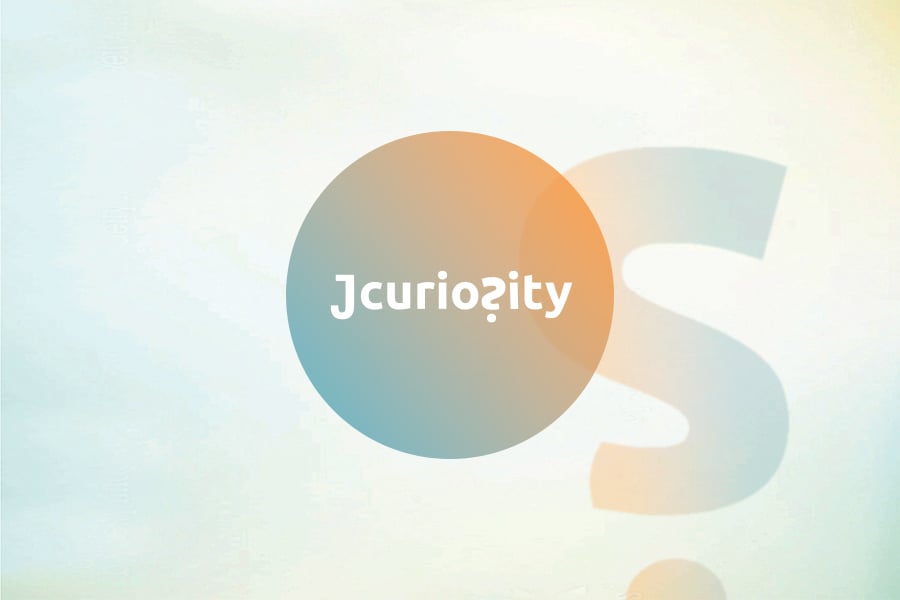
The company Collibra filed two applications for registration with the European Union Intellectual Property Office (EUIPO) for the sign COLLIBRA in word and figurative version. Registration was requested for data governance software products for the purpose of organisation and management of internal data in class 9, and for related services in class 42.
The two applications were opposed by Mr Dietrich, owner of the earlier German word mark KOLIBRI, registered for programs for data and word processing regarding real estate information systems in class 9.
EUIPO upheld the two oppositions by recognizing the existence of a likelihood of confusion between the two marks.
EUIPO’s decisions were contested, but the Board of Appeal confirmed the existence of a likelihood of confusion. The applicant, therefore, filed a petition with the General Court.
In its judgment, in joined Cases T‑128/20 and T‑129/20, the General Court dismissed the actions filed by Collibra and confirmed the existence of a likelihood of confusion between the two signs.
The decision provides important clarifications on the assessment of the conceptual similarity of the marks and the similarity of the software products.
As regards the comparison of the signs, from a conceptual point of view, the Court upheld EUIPO’s finding that the earlier mark KOLIBRI may, in German, refer to a hummingbird. Furthermore, it notes that a significant part of the relevant German public may perceive also in the marks COLLIBRA an allusion to the concept of a hummingbird, given the similar pronunciation of the words.
The consumer, when perceiving a word sign, will recognise verbal elements which suggest a specific meaning or which resemble words known. According the Court considers that there is a high degree of conceptual similarity between the signs at stake.
Instead, as regards the comparison of the goods and services, the Court first examines the similarity of the software claimed by the two TMs. It confirms EUIPO’s reasoning that the “data processing” concerning real estate, covered by the earlier mark, is present also in the “data governance software products” covered by the marks COLLIBRA. Thus, the Court rejects the arguments of Collibra according to which the intended purposes of the software products at issue is very different and concludes that they are similar to an average degree.
Finally, the Court compares the software products covered by the earlier mark with the services covered by the word TM COLLIBRA. It confirms that those services, which concern data governance software products, are similar to the real estate management and facilities management software products covered by the earlier mark. All those software products may be designed and developed by the same companies. Furthermore, in the field of IT, software manufacturers also provide software services and the end users of the goods and services at issue coincide.
In the light of the above, the Court rejected the plea in law in its entirety and ordered Collibra to pay the costs.
Thanks to Miriam Mangieri



